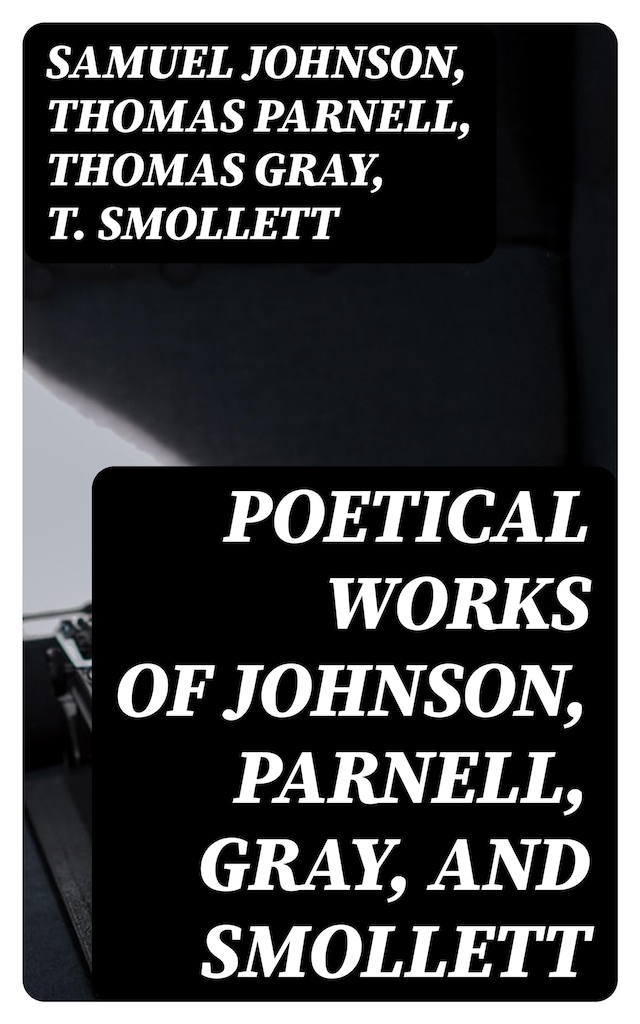
Poetical Works of Johnson, Parnell, Gray, and Smollett
With Memoirs, Critical Dissertations, and Explanatory Notes


